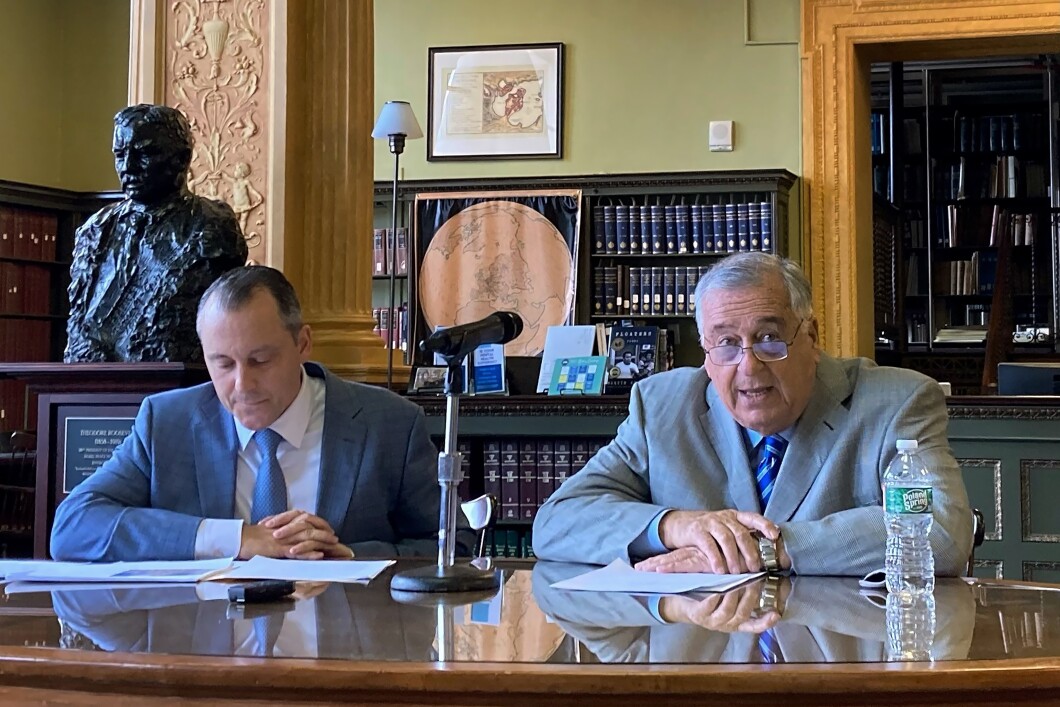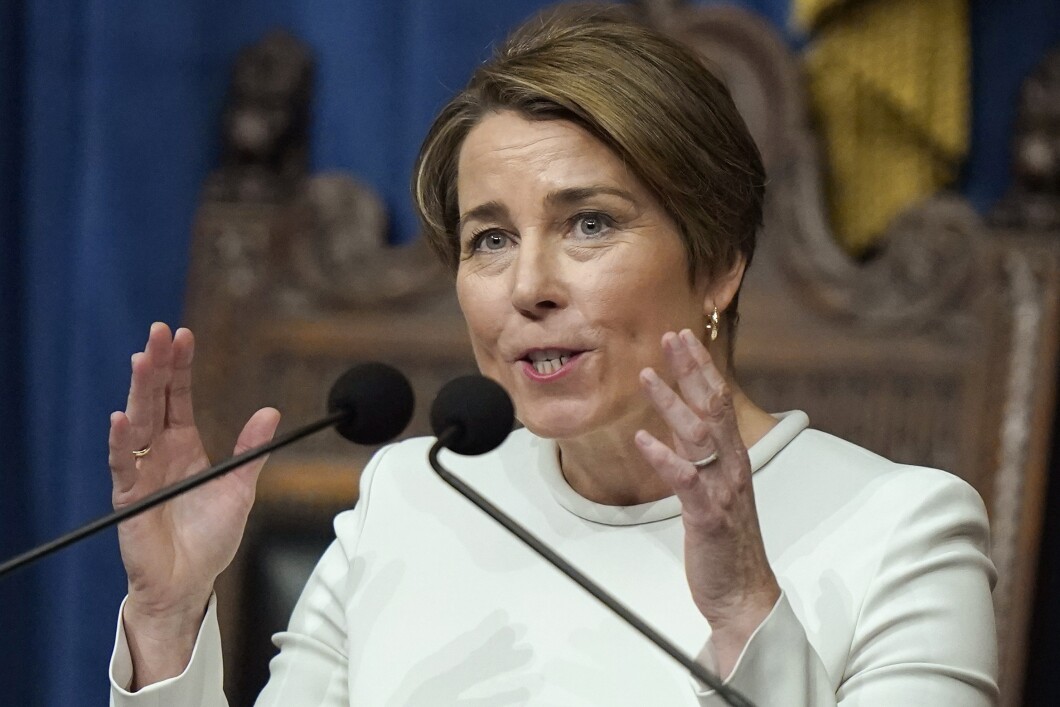
Massachusetts Democrats are disagreeing over how to spend $1 billion in additional revenue from the state’s new “millionaire’s tax,” with Gov. Maura Healey (D-MA) and leadership in the state’s House of Representatives proposing two different plans.
The House is expected to debate the new budget next week, with a concentration on the funds going to transportation and education policies. Healey’s plan would distribute the funding in a 51-49 divide between the state’s education initiatives and its transportation projects. However, the plan released by state House Democrats proposed giving an equal 50/50 distribution between the two.
MCCARTHY UNVEILS LEGISLATION RAISING DEBT CEILING UNTIL NEXT YEAR
“As our revenue growth begins to slow, and as the COVID-19 era federal programs begin to end, we as a commonwealth must determine how to continue to meet the needs of our residents,” Democratic state House Ways and Means Committee Chairman Aaron Michlewitz said. “This budget aims to do that with historic investments in housing, education and workforce development — all while keeping Massachusetts a competitive economic engine.”

The $500 million for education from the state House proposal would include $161 million for universal school meals, $100 million for the installation and maintenance of “clean energy” infrastructure projects in schools, and $50 million for scholarships for Massachusetts students pursuing “high demand” employment. They would have to agree to work in their field of study for at least five years.
It also includes Healey’s proposal to put $20 million toward a new program called MassReconnect that would cover community college costs for adults over 25 that do not have a degree.
Under Healey’s budget, the state would also implement what the administration called a “tuition or fee lock” for the in-state University of Massachusetts and state university undergraduates, which would force the schools to charge students the same rate for all four years they attend.

On the transportation side, Healey’s plan designates $181 million in capital investments for the Massachusetts Bay Transportation Authority, $12.5 million to improve stations and facilitate East-West rail service, and $5 million to study means-tested fares. The state House budget keeps the $5 million but ditches the station improvements. Another $100 million would go to highway bridge repairs, according to the Associated Press.
Other components of the Massachusetts House budget include allowing the state lottery to sell tickets and games online, where revenue from online lottery sales would fund stabilizing grants for childcare providers. Another $700 million would go to environment and climate-related initiatives, representing 1.25% of the total budget. A third is the return of a COVID-19 policy that paused eviction cases for tenants with pending applications for emergency rental assistance.
There is also $68 million budgeted for the Early Education grant programs and $65 million for free school meals. Democratic state House Speaker Ron Mariano, a former teacher, pushed for universal school meals, which would make Massachusetts the fifth state to guarantee free meals at public schools.
CLICK HERE TO READ MORE FROM THE WASHINGTON EXAMINER
“Having spent 12 years in a classroom, I can’t stress how important this is,” Mariano said in a statement. “To know that every student in Massachusetts will not go to school hungry or spend a school day without anything to eat has to ease the minds of all the teachers out there.”
The budget will now go to a state House vote on Monday and then to the state senate. Both chambers must agree on the budget before it can be sent to the governor’s desk for her signature. The chambers have until July 1 to present a unified budget.





